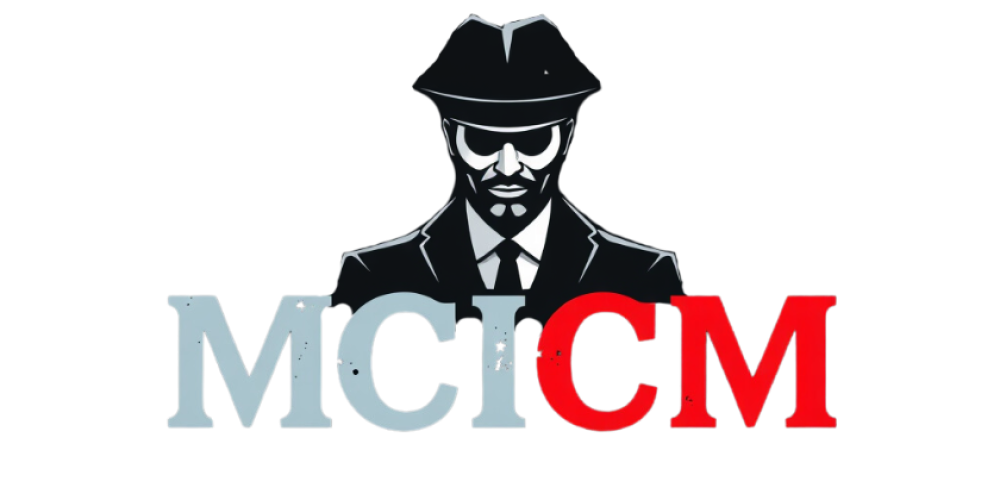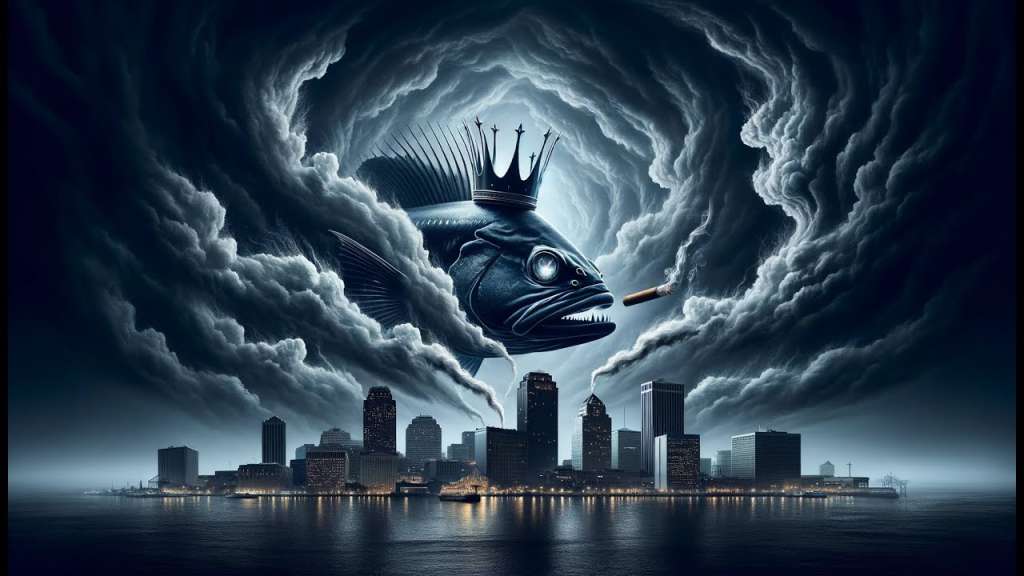In this short documentary, we delve into the intricate world of one of the most powerful crime families emerging from the South, showcasing the crucial role of a supporting political family. This narrative unveils the deep connections between the crime family and the notorious Carlos Marcello crime syndicate, along with influential figures in Dallas, highlighting the complex political landscape of Louisiana.
This environment was marked by a blend of politicians, senators, judges, public officials, and figures from organized crime, who mingled in the vibrant restaurants of New Orleans. This city, a melting pot of music, culture, and diverse societal segments, served as the epicenter of American pop and jazz culture in an era preceding the prominence of Las Vegas and the allure of travels to Cuba or Havana.
In 1936, the assassination of Huey Long marked a pivotal moment, with his brother assuming control of the political dynasty. A decade later, reflections on Huey Long’s legacy painted a picture of his profound connection with the people of Louisiana, offering a fascinating glimpse into the dynamics between politics and society in the South. As we approach the discussion on Carlos Marcello, it’s essential to grasp this historical backdrop, ensuring a comprehensive understanding of the intertwined worlds of politics and organized crime in Louisiana.
Franklin D. Roosevelt’s administration, in its efforts to combat organized crime, targeted Frank Costello, a notorious mobster known for his extensive slot machine operations. Instead of succumbing to the pressure, Costello ingeniously relocated his operations to the South, seeking refuge under the protective wing of Huey Long and Earl Long and his influential family. This strategic move not only safeguarded his lucrative ventures but also highlighted the intricate relationships between organized crime and political power in the United States.
The Long family, particularly Huey Long and Earl Long, wielded considerable influence in the South, controlling political levers that could make or break fortunes. Their protection of Costello underscores the complex interplay between legality and loyalty, where the lines often blurred. This episode offers a fascinating glimpse into how organized crime managed to thrive, partly by leveraging political connections to dodge law enforcement efforts.
By aligning with the Long family, Costello ensured his operations continued uninterrupted, further cementing his status in the criminal underworld. This maneuver also sheds light on the broader theme of how organized crime groups have historically exploited political connections to further their interests, often with significant implications for law enforcement and governance.
The relationship between Frank Costello, the Long family, and their combined influence over the South illustrates a significant chapter in American history, where power, crime, and politics intersected in complex and enduring ways.
#CharlieLuciano, #MeyerLansky, #carlogambino, #VitoGenovese, #frankcostello, #JoeAdonis, #longiezwillman, #williemoretti, #redlevine, #johnnythefoxtorrio, #alcapone, #ProhibitionEra, #carlogambino, #truecrime, #mobhistory, #history, #newyork, #newyorkmafiastory, #luckyluciano, #fyp, #historyandorganisedcrime, #1919, #Chicagooutfit, #casino1995, #carlosmarcello, #joebatters, #tonyaccardo, #samgiancana, #JFKAssassinationConspiracy, #Newyork, #manhattan, #lacosanostra, #jfkassassination, #dallas, #lifemagazine, #lookmagazine, #jfk
source

